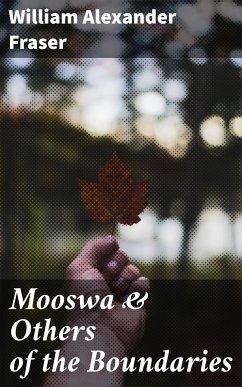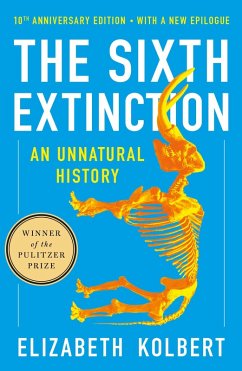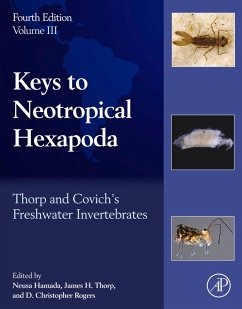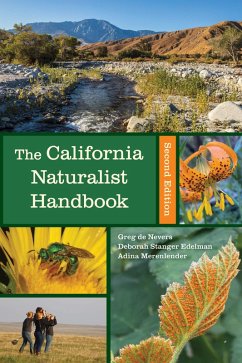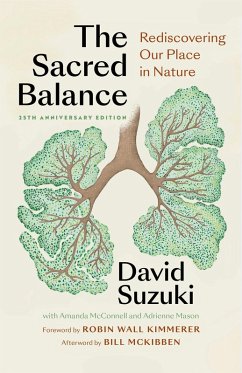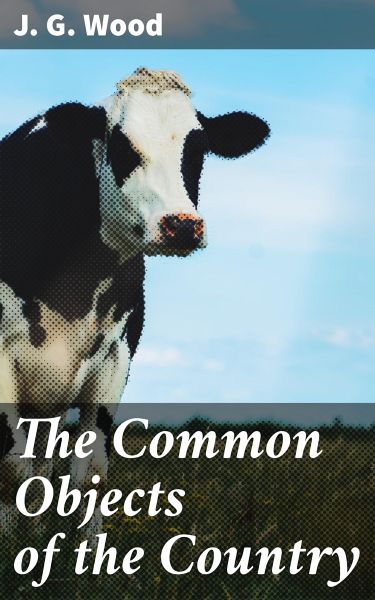
The Common Objects of the Country (eBook, ePUB)
Exploring the Beauty and Wonders of Nature

PAYBACK Punkte
0 °P sammeln!
In "The Common Objects of the Country," J. G. Wood delves into the rich tapestry of rural life, meticulously cataloging the flora, fauna, and daily phenomena of the English countryside. With an accessible yet erudite literary style, Wood employs vivid descriptions and illustrative anecdotes that transport the reader into the natural world. The book's context lies in the Victorian fascination with nature and its cataloging, reflecting the era's burgeoning interest in science and the natural history of England, while also mirroring the romantic ideals that permeated contemporary literature. J. G...
In "The Common Objects of the Country," J. G. Wood delves into the rich tapestry of rural life, meticulously cataloging the flora, fauna, and daily phenomena of the English countryside. With an accessible yet erudite literary style, Wood employs vivid descriptions and illustrative anecdotes that transport the reader into the natural world. The book's context lies in the Victorian fascination with nature and its cataloging, reflecting the era's burgeoning interest in science and the natural history of England, while also mirroring the romantic ideals that permeated contemporary literature. J. G. Wood, a noted naturalist and writer, was profoundly influenced by his upbringing in the pastoral settings of 19th-century England. His scientific background'Äîhaving extensively studied botany and zoology'Äîimbued him with a unique perspective that allowed him to blend empirical observation with evocative narrative. This distinctive approach not only highlights his expertise but also reveals his deep appreciation for the subtle intricacies of rural life, making the book a sincere homage to the beauty of the natural environment. For readers fascinated by nature and its intricate details, "The Common Objects of the Country" stands as a compelling invitation to explore the often-overlooked wonders of the English countryside. Wood'Äôs work is not merely an inventory of objects; it is a celebration of the intimate connection between humanity and the natural world, making it an essential read for both enthusiasts of natural history and those seeking to rekindle their appreciation for the beauty that surrounds them.
Dieser Download kann aus rechtlichen Gründen nur mit Rechnungsadresse in A, B, BG, CY, CZ, D, DK, EW, E, FIN, F, GR, H, IRL, I, LT, L, LR, M, NL, PL, P, R, S, SLO, SK ausgeliefert werden.







